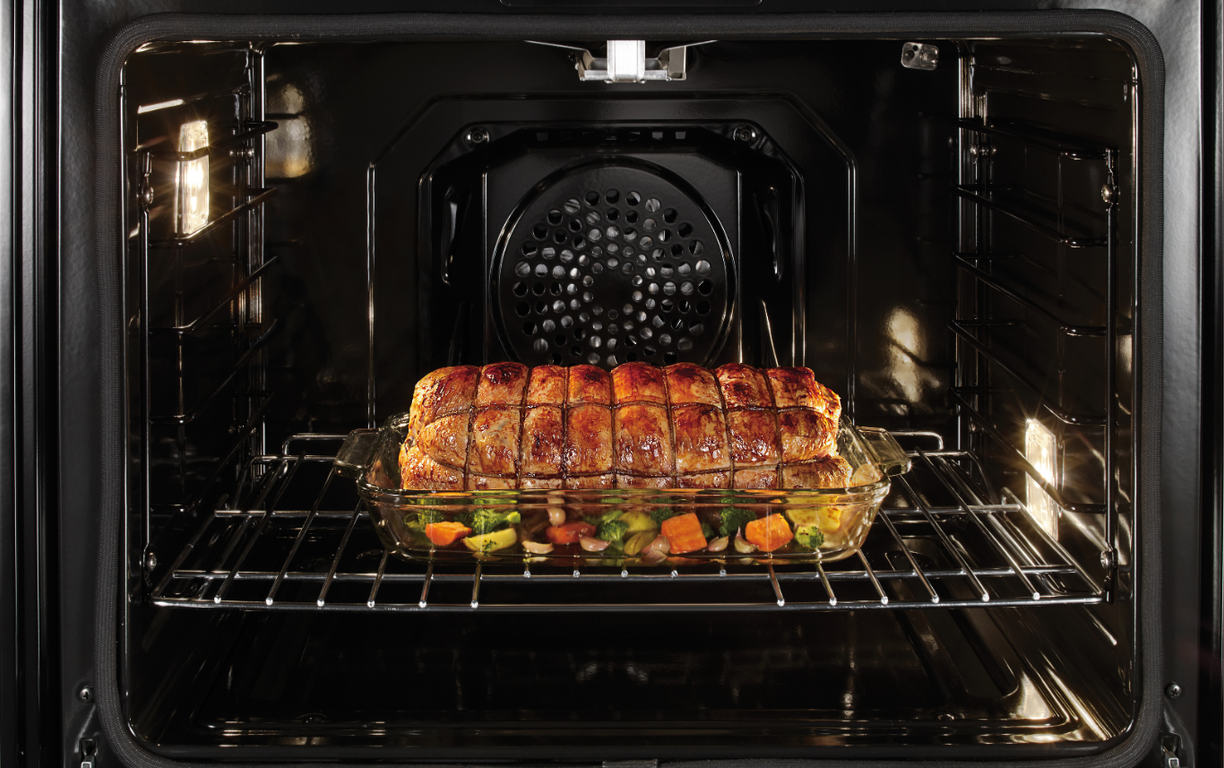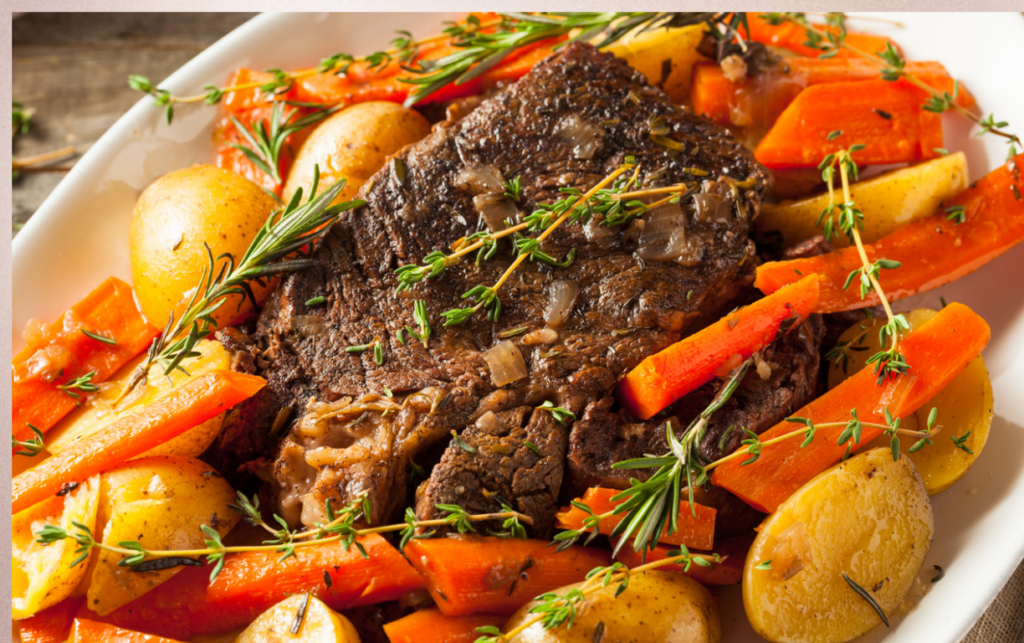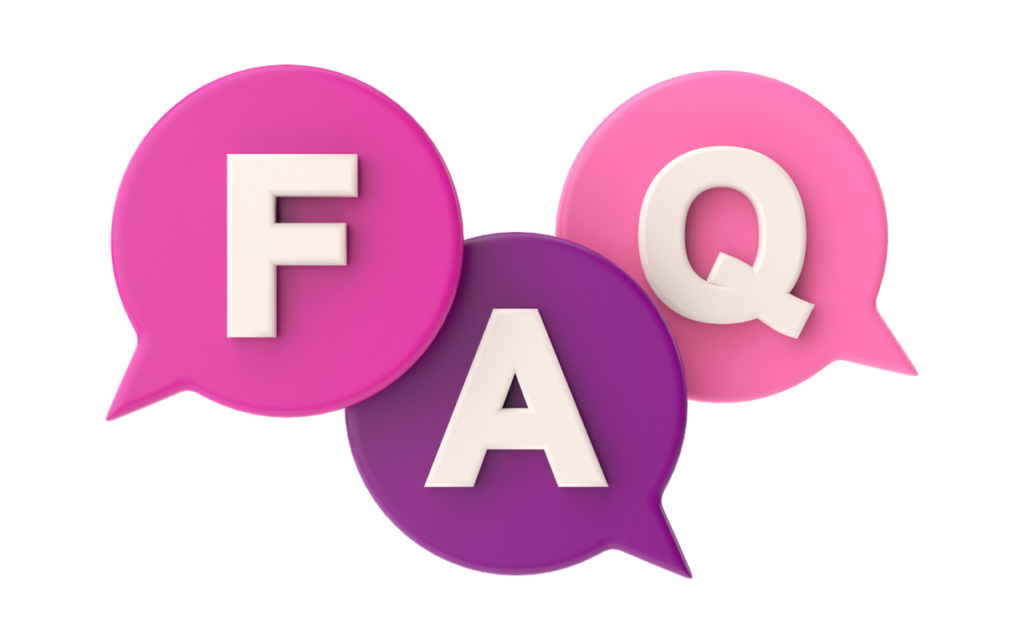Physical Address
304 North Cardinal St.
Dorchester Center, MA 02124
Physical Address
304 North Cardinal St.
Dorchester Center, MA 02124


If you’re looking to simplify your cooking routine while still enjoying delicious meals, a slow cooker might just be your new best friend. Unlike traditional ovens that often require constant attention, slow cookers let you set it and forget it. Imagine coming home to the enticing aroma of a hearty stew or tender pulled pork, all thanks to a few minutes of morning prep.
Using a slow cooker not only saves you time but also enhances flavors in ways that ovens can’t. The low and slow cooking method allows ingredients to meld beautifully, resulting in rich, satisfying dishes. Plus, it’s a versatile tool that can tackle everything from soups to desserts, making it a smart choice for busy weeknights or lazy weekends. Discover why switching to a slow cooker can transform your culinary experience.
Using a slow cooker simplifies meal preparation, providing convenience and efficiency. This method allows for flavorful, hearty dishes with minimal effort.
A slow cooker offers significant convenience. You can prepare ingredients in the morning, set the time, and continue with your day. The “set it and forget it” approach means you spend less time monitoring the cooking process. Instead of standing in the kitchen, you can focus on other tasks or enjoy your day.
Slow cookers use less energy compared to ovens. They operate on low wattage, typically between 200 to 300 watts, making them cost-effective for long cooking times. This lower energy consumption also helps to reduce your overall electricity bill. Moreover, since slow cookers generate less heat, they keep your kitchen cooler, which is especially beneficial during hot months.
Using a slow cooker significantly enhances the flavors and textures of dishes. This method allows ingredients to develop deeper flavors, creating satisfying meals.
Slow cooking infuses flavors as ingredients cook together for hours. Spices, herbs, and aromatics meld with meats and vegetables, resulting in well-rounded tastes. For example, adding garlic, onions, or fresh herbs to a stew enhances its overall complexity. By cooking slowly, you extract maximum flavor without the risk of burning, ensuring every bite remains delicious.
Slow cookers excel at turning tough cuts of meat into tender, juicy meals. Cooking at low temperatures breaks down collagen and connective tissue over time, making meats like brisket or pork shoulder fork-tender. Braising in broth or sauce adds moisture, enhancing the overall flavor. For instance, a chuck roast becomes incredibly flavorful after several hours in a slow cooker, creating a dish that rivals traditional methods with less effort.
Slow cookers offer remarkable versatility, catering to diverse cooking needs and preferences. You can create a wide range of meals effortlessly.
Slow cookers accommodate various recipes, from hearty stews to refreshing desserts. You can prepare:
These options make slow cookers perfect for any occasion, from busy weeknights to holiday gatherings.
Slow cookers facilitate budget-friendly cooking by maximizing ingredients. You can take advantage of:
These factors show how slow cookers not only save you time but can also help manage your grocery budget effectively.
When considering slow cookers versus ovens, several key differences influence cooking outcomes. These aspects include cooking time differences and temperature control, both of which affect meal preparation and flavor development.
Cooking times vary significantly between slow cookers and ovens. Slow cookers often require several hours for dishes to develop flavors fully. Typically, recipes take between 4 to 10 hours, depending on the setting you choose and the ingredients used. In contrast, ovens usually cook meals faster, with baking or roasting times ranging from 20 minutes to 2 hours. This extended cooking time in slow cookers allows for gradual flavor enhancement and superior tenderness, especially for tougher cuts of meat.
Temperature control differs notably between these two appliances. Slow cookers operate at relatively low temperatures, generally between 170°F to 280°F. This low-and-slow method promotes flavor melding and moisture retention. Ovens, however, use higher temperatures, often exceeding 350°F, which can result in quicker evaporations and the need for additional monitoring to prevent burning. Consistent temperature regulation in slow cookers minimizes the risk of overcooking, allowing you to focus on other tasks while your meal cooks gently.
Switching to a slow cooker can transform your cooking experience. You’ll enjoy the convenience of preparing meals ahead of time while savoring rich and flavorful dishes. The ability to set it and forget it means you can focus on your day without the stress of constant monitoring.
With their versatility you can whip up everything from comforting soups to delectable desserts. Plus you’ll save energy and money while keeping your kitchen cooler. Embrace the slow cooker and discover how it simplifies meal prep while delivering delicious results that impress.

Using a slow cooker simplifies meal preparation by allowing you to “set it and forget it.” It enhances flavors through low and slow cooking, making dishes richer and more complex. Additionally, slow cookers are versatile, budget-friendly, and save time, letting you focus on other tasks while your meal cooks.
Slow cooking allows ingredients to meld together over hours, enhancing their natural flavors. Spices, herbs, and aromatics fully integrate with meats and vegetables, resulting in well-rounded and robust dishes. This method is also effective for tenderizing tough cuts of meat.
Absolutely! Slow cookers are incredibly versatile. They can be used to prepare soups, casseroles, meats, vegetarian dishes, and even desserts, making them perfect for any occasion, from quick weeknight dinners to festive gatherings.
Slow cookers typically cook at lower temperatures (170°F to 280°F) over several hours (4 to 10 hours), enhancing flavor development and moisture retention. In contrast, ovens operate at higher temperatures, which can lead to quicker evaporation and require more monitoring.
Yes! Slow cookers are energy-efficient compared to traditional ovens. They operate on low wattage, making them cost-effective and keeping kitchens cooler during hot months, which is an added benefit for energy-conscious cooks.
Definitely. Slow cookers maximize the use of whole ingredients and affordable cuts of meat, making it easy to cook meals on a budget. They also allow for the use of leftovers, helping you manage your grocery budget effectively.